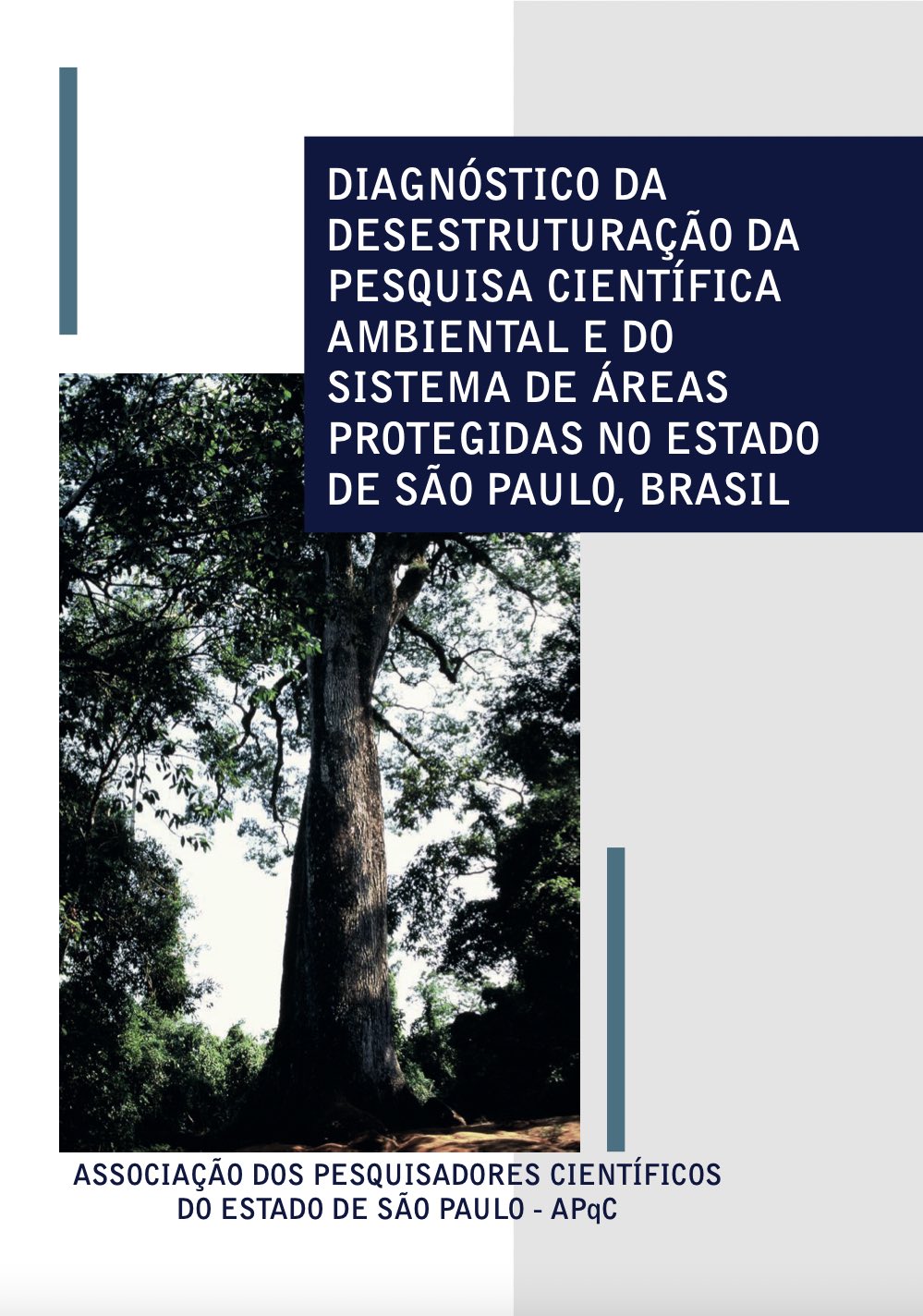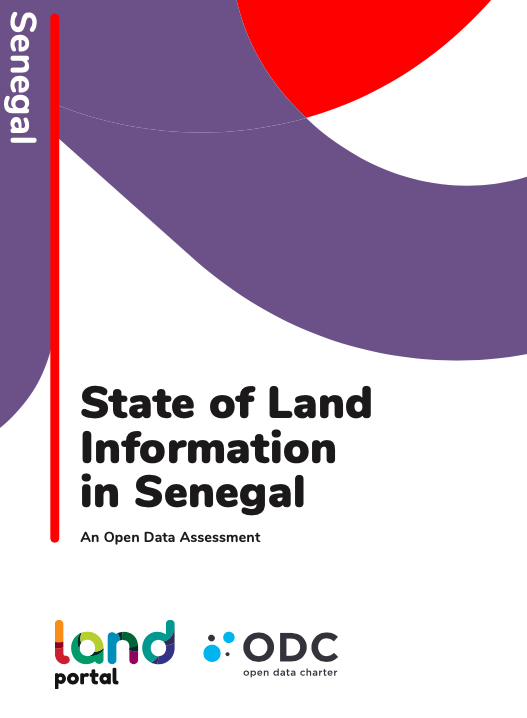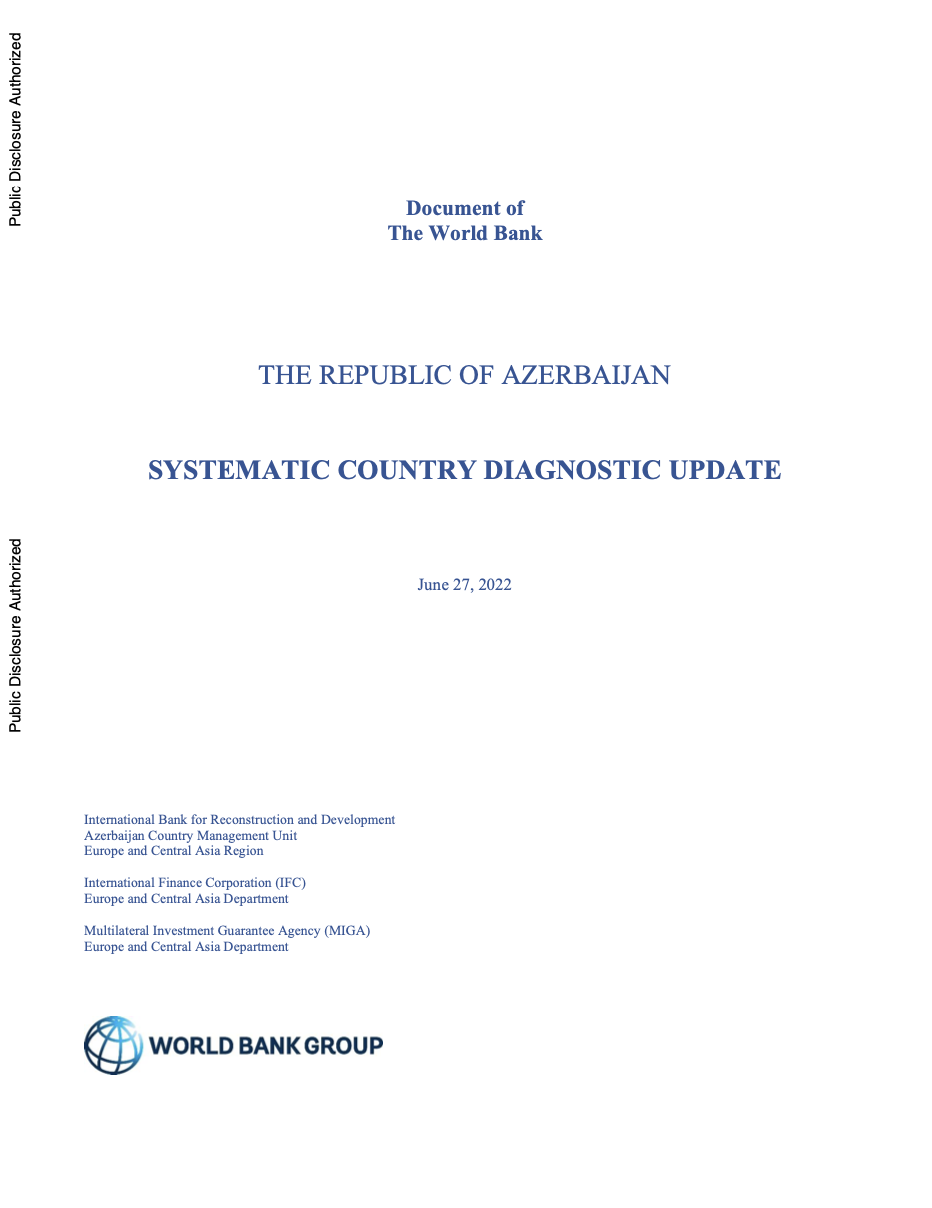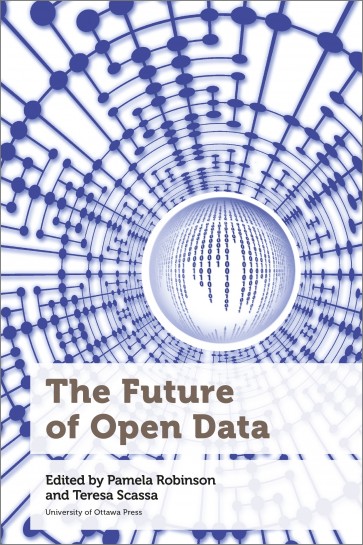A review of forest-food linkages in Kenya
This working paper was developed based on a policy and literature review to take stock of the latest information on forest-food linkages in Kenya. Our review shows Kenya’s forests play important roles in providing food directly to local communities, as well as requisite conditions for sustainable food production systems in the country. Food-forest linkages are widely articulated in different policies issued by the Government of Kenya that draw on the principle of producing food without destroying forests.







